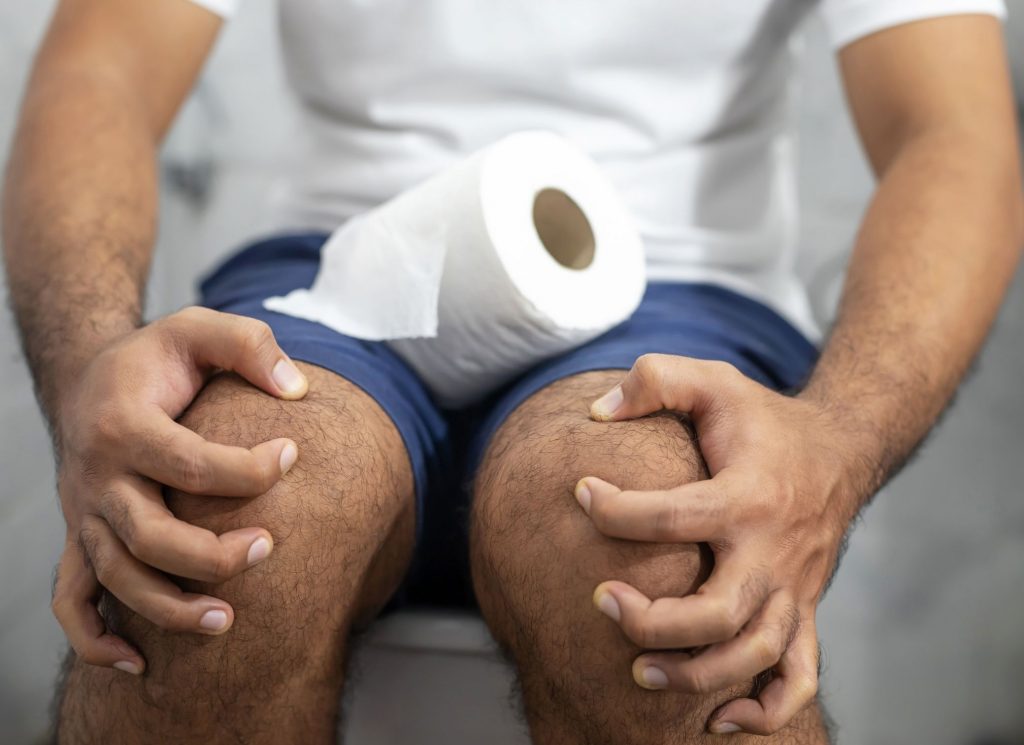Constipation sometimes can be a headache. Because as many as one in five people experiences chronic constipation, it’s something that can easily creep up on you if you’re not paying attention. There are many factors that can lead to constipation, from diet to other health conditions. Regardless of your bowel pattern, one fact is certain – the longer you go before you ‘go’, the more difficult it becomes for stool to pass.

What are the symptoms and signs of constipation?
Change in your usual bowel movement pattern.
Hard or lumpy bowel movements.
Difficulty passing bowel movements or straining.
Gas, wind, bloating or stomach cramps and discomfort.
The feeling of being unable to completely empty the bowel.
Feeling like there is something blocking your bowel.
What causes constipation?
People can become constipated for no apparent reason, starting as early as childhood and continuing through life. Moreover, unexplained constipation affects women more often than men. Common causes of constipation include:
1. Diet
It can involve eating too little, where the portion size of the meals are too small, or not eating enough fibre. Thus, the WHO recommends a daily intake of 25 grams of fibre per day. And in NZ a daily intake of 25 grams is recommended for women, and 30 grams for men. However, Population health survey results estimate that New Zealanders are only consuming around 20 grams of fibre per day.
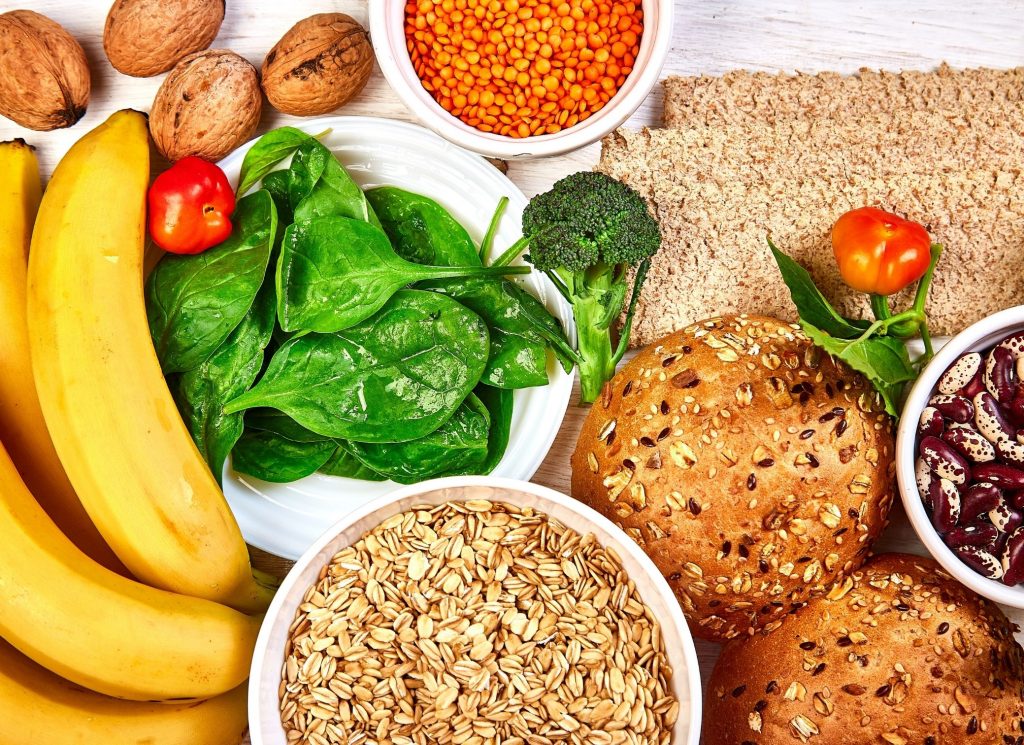
Ideally fibre is sourced through ‘whole’ foods rather than a supplement. For example, a diet rich in wholegrain cereals, fruits, vegetables, and legumes. Fibre-rich foods are good because they slow the process of digestion and provide sustained energy over a longer time. Therefore, people with higher fibre intakes are likely to eat less and have much healthier bowels. Find out foods high in fibre here.
If you would like to have a nutrition consultation with us, please feel free to contact us at 09-2182992.
2. Dehydration
Constipation often results from drinking too little fluid, or losing too much fluid, such as by vomiting or excessive sweating. Your daily fluid intake should be equivalent to 6 to 10 glasses of water.
Coffee, as well as alcohol, can have a diuretic effect on the body (meaning it increases urinary output), particularly when consumed in excess. Because of this many experts believe that cups of coffee should not be counted in total daily ‘water’ intake. If you consume multiple cups of coffee per day it will be beneficial to work on substituting some of these for plain water.
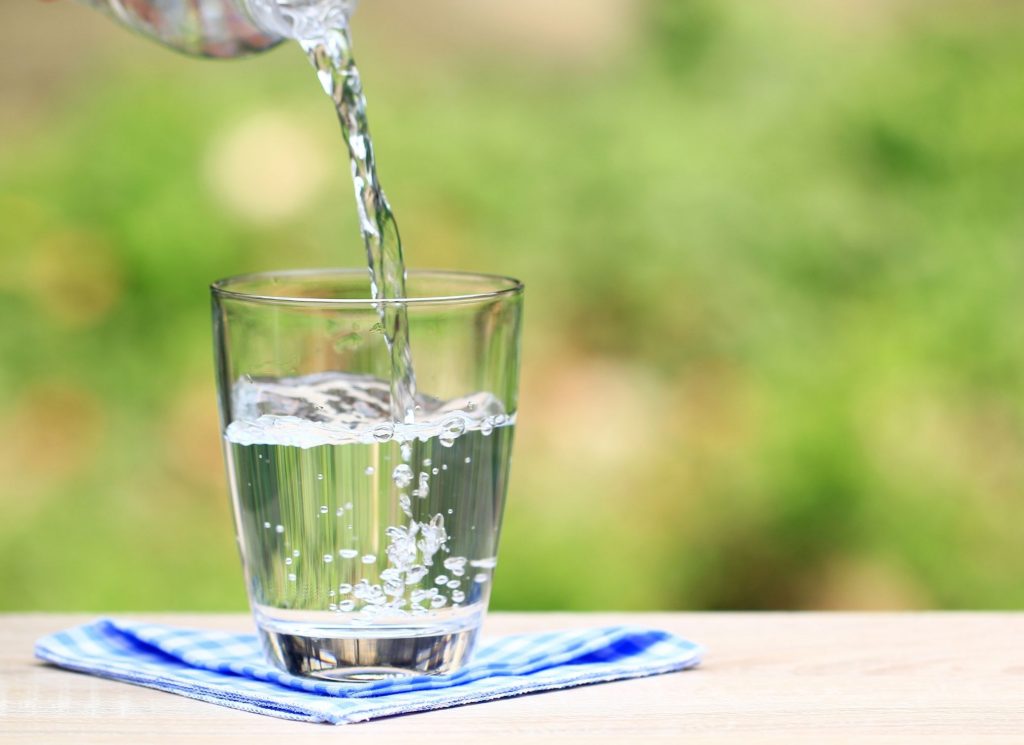
3. Lack of exercise
Getting little or no physical activity can increase your risk of constipation. Exercise increases your breathing and heart rate and stimulates your muscles and nerves, which helps your body function more efficiently. Moreover, the lifestyle changes may naturally result in a higher water intake, an improved diet, and reduced stress. Whether it’s jogging, Zumba, or dancing in the living room, any exercise will do! Or, just walk.

4. Change in routine
Changes in diet and the usual time of meals.
Away from a familiar environment, like travelling at or moving to a new place.
Limited access to toileting facilities.
Not responding to the urge to have a bowel motion can not only cause constipation but may also cause you to stop feeling the urge to go.
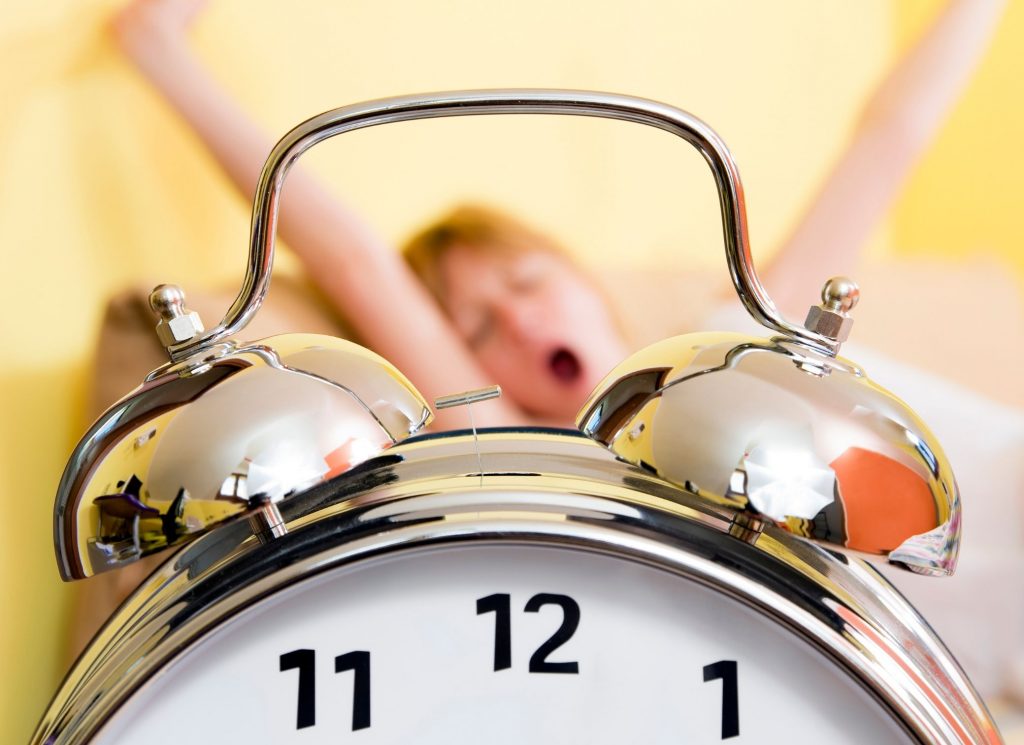
5. Stress, anxiety or depression
Stress can also lead to constipation. When psychological stress leads to physical symptoms, they are known as somatic symptoms. The effects that stress hormones have on the body can cause constipation. Based on research, when a person is stressed, they are more likely to eat an unhealthful diet, get less exercise or sleep, or forget to stay hydrated.
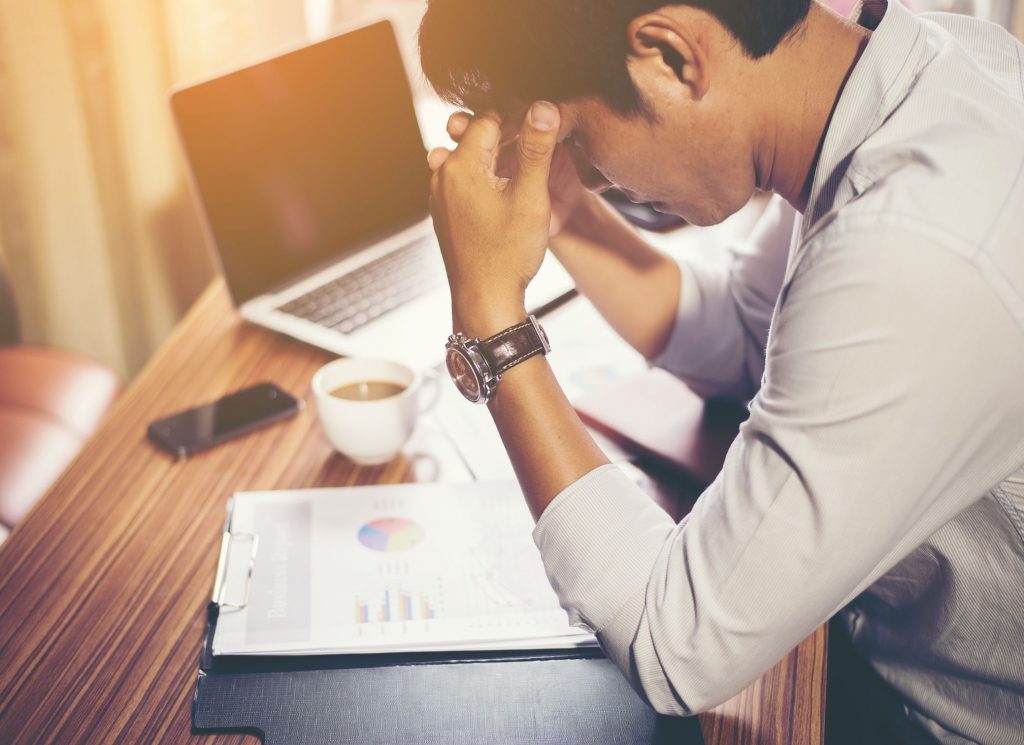
6. Some medicinations
A number of medicines can cause constipation as a side effect. For example, antacids, iron supplements, opioid pain relievers, diuretics (water tablets), drugs for Parkinson’s disease and antidepressants.
7. Ageing
Older people are at particular risk of constipation because they usually have a smaller appetite and a less bulky diet, lacking in fibre. There is also a tendency to be less mobile or active. A higher use of medicines and other health conditions can also result in constipation.
8. Pregnancy
Constipation is a common complaint in pregnancy. It is caused by the change in hormones, which slows a woman’s bowel movement. As the baby grows, this also presses on the lower bowel. Women taking iron supplements in pregnancy could also find these cause constipation.
What can I do to prevent constipation?
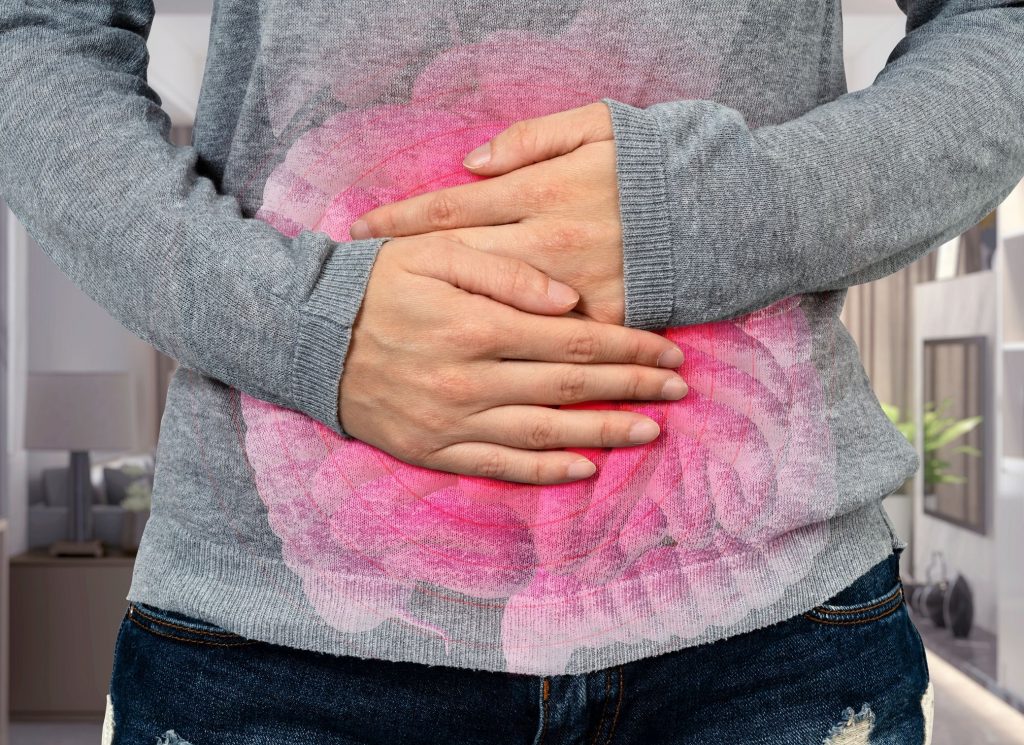
Use home-based methods to prevent it from becoming a chronic problem:
• Eat a well-balanced diet with a good amount of fibre. Good sources of fiber are fruits, vegetables, legumes, and whole-grain breads and cereals. Fiber and water help the colon pass stool. Most of the fiber in fruits is found in the skins, such as in apples. Fruits with seeds you can eat, such as strawberries, have the most fiber. Also, bran is a great source of fiber. Eat bran cereal or add bran cereal to other foods, like soup and yogurt.
• Drink enough water. Liquids that contain caffeine, such as coffee and soft drinks, can dehydrate you. You may need to reduce the amount of these products until your bowel habits return to normal.
• Exercise regularly.
• Treat mild constipation with a dietary supplement like magnesium and lactulose. Develop a regular, unhurried bowel habit.
• Stress management is important. Work stress, over-thinking, anger and other strong negative emotions can slow the movement of stools through your intestines, causing constipation without you realizing it. Exercising, going for a walk, acupuncture and even traditional Chinese herbal medicine can help reduce stress and constipation.
How can Chinese herbal medicine and acupuncture help to get rid of constipation?
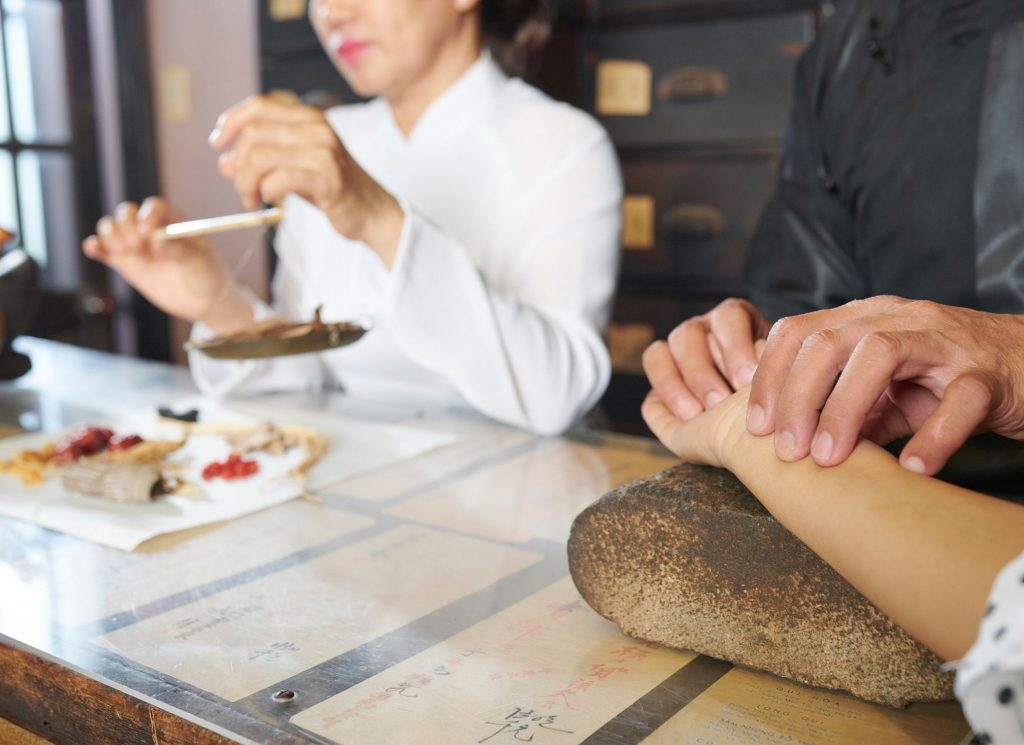
Four Types of Constipation in traditional Chinese medicine (TCM)
1. Excess-Heat
This is caused by excessive heat in the body, especially in the large intestine. In TCM, too much heat consumes the body fluid, affecting the stools in the bowel not be able to move freely. The stools are dry or hard, and you may show other symptoms such as bad breath, dry mouth, yellow urine, bloated stomach and a flushed complexion.
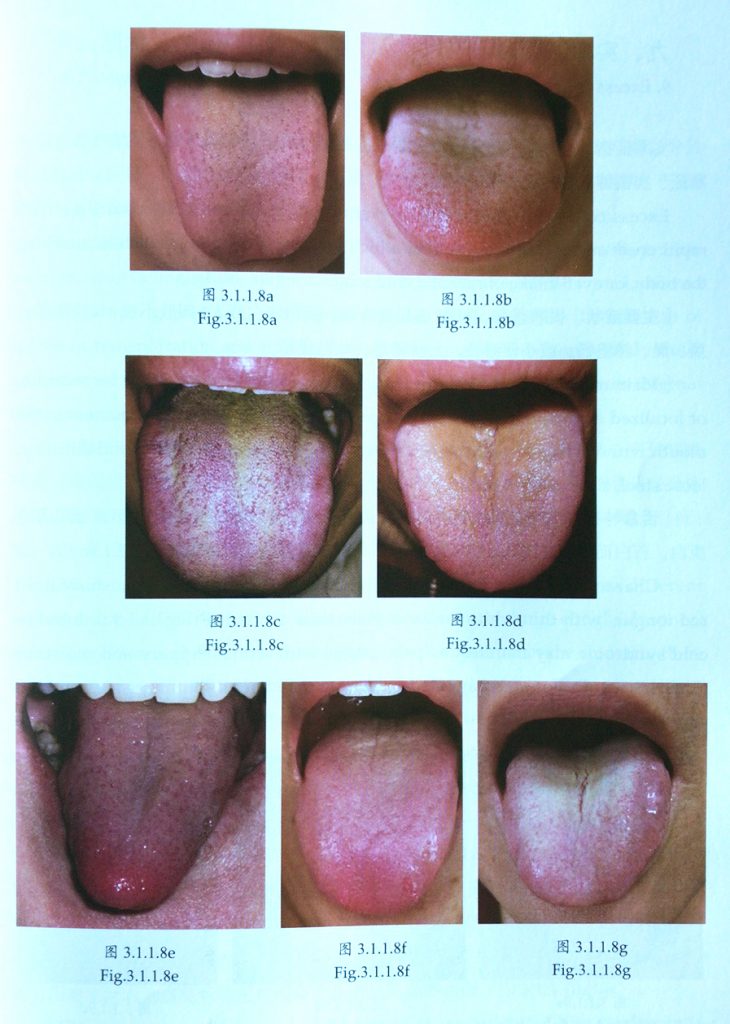
2. Cold type
The stool is dry or normal, but difficult to pass. You may experience other symptoms, for example, a pale complexion, cold limbs, a dislike for cold temperatures and abdominal pain that can be easily triggered by cold weather, wind, and cold temperature foods and drink. If you look at your tongue in the mirror, it may look pale.
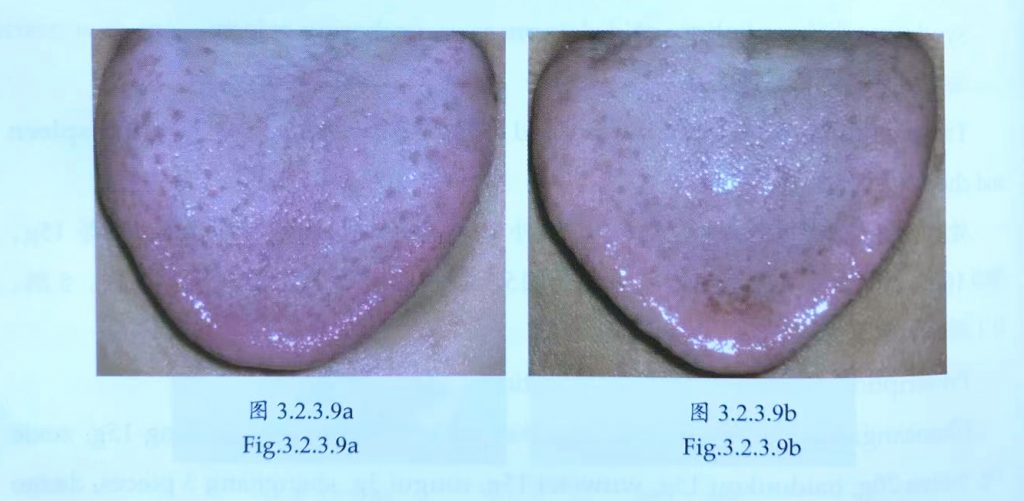
3. Qi Stagnation
The symptoms of constipation caused by Qi stagnation are difficulty in passing stools even though you have the urge, abdomen bloating, frequent belching, and pre-menstrual syndrome. Your tongue tends to be dark red, with a thin, white coating. You may have a poor appetite and be emotional.
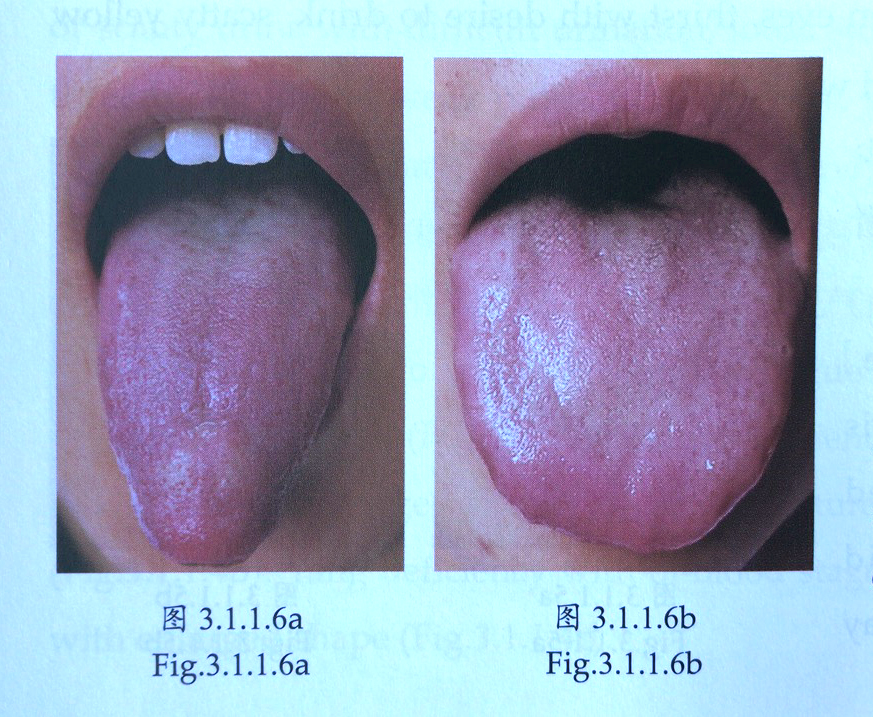
4. Qi or Blood Deficiency
There is an urge to clear the bowels, but you have to push very hard to release the stools. You may feel short of breath, sweat, dizzy, or palpitation. In some cases, the dry stools look like small stones. And other accompanying symptoms include fatigue, dry skin, and a pale complexion.
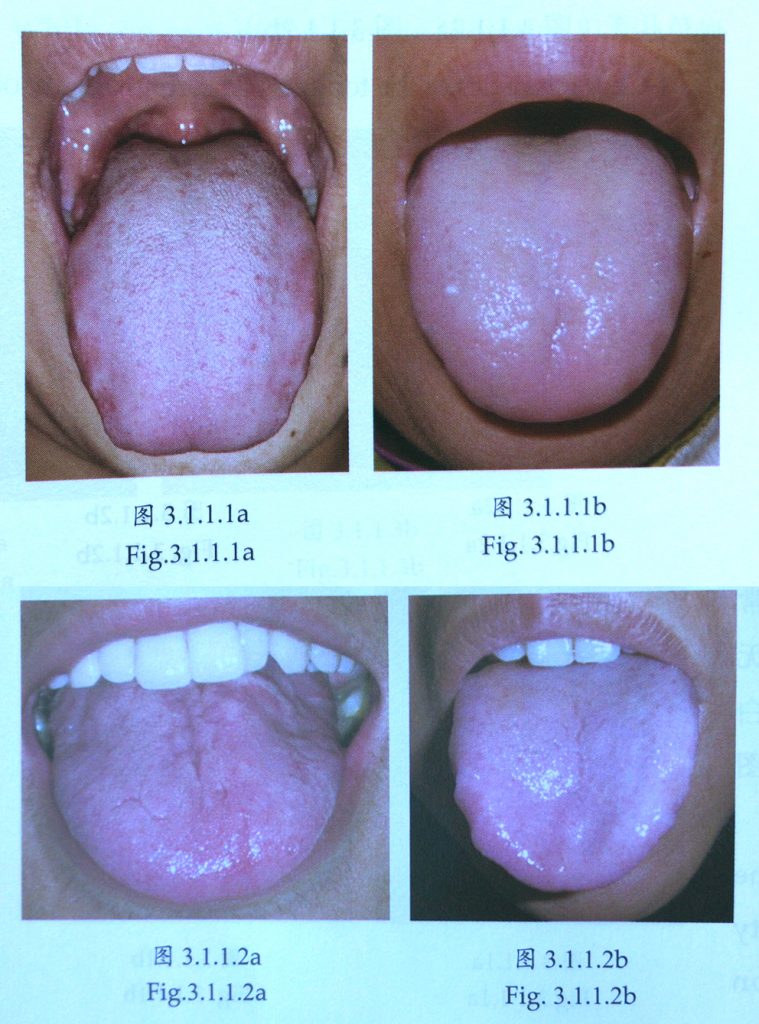
TCM treatments for constipation
Chinese herbal medicine
In Chinese Medicine, a wide variety of herbs are used to treat constipation. To prevent over-dependency and health changes to the large intestine, we do not recommend the overuse of laxatives. Instead, we recommend treating the underlying causes of constipation with TCM herbs, which would balance the internal organ systems and allow bowel movements to become regular again.
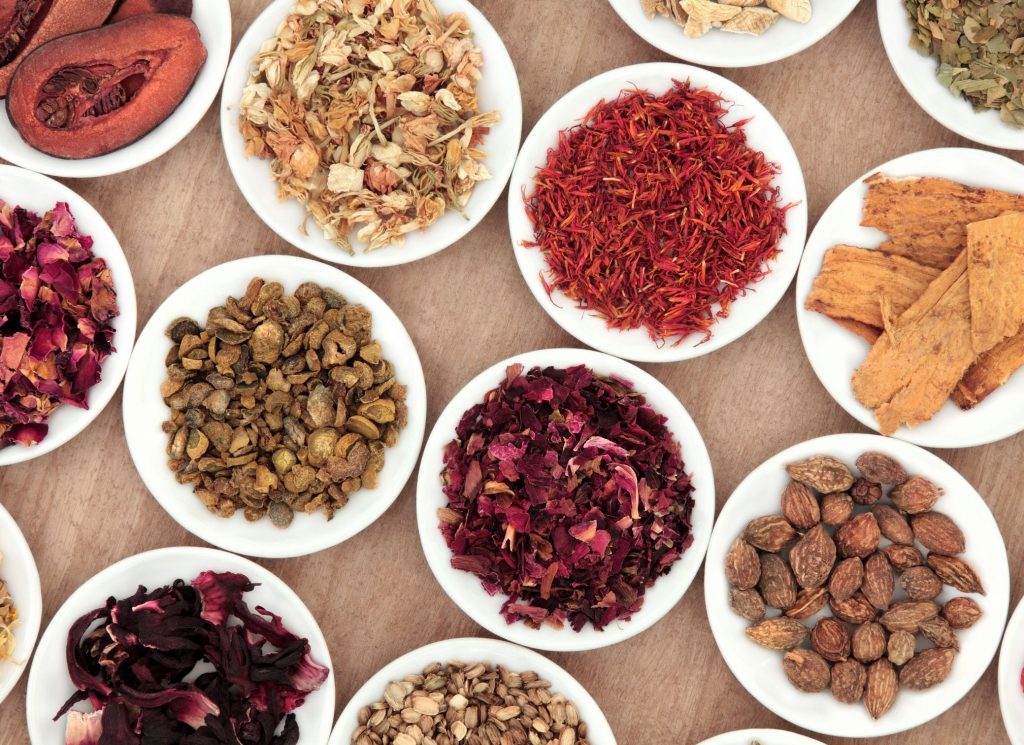
Acupuncture
In most causes of constipation, acupuncture and auriculotherapy could help alleviate the condition by opening the channels through which our qi flows. Thus, a variety of acupuncture points can be employed, depending on the needs of the patient. The most commonly used are known as tian shu (middle of the abdomen), da chang shu (lower back), da heng (close to tian shu), and qi hai (lower abdomen). These have been shown to help stimulate qi in our tommy, activate bowel movements, improve stool formation, and balance our inner environment.
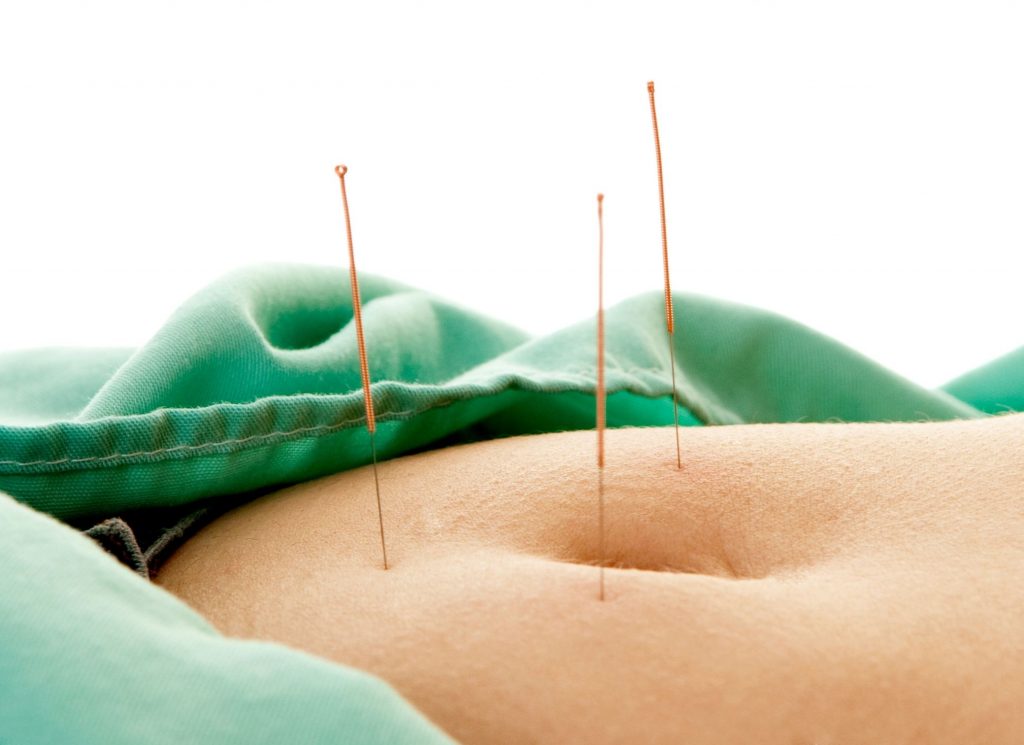
At Happipuncture, our patients are always at the centre of everything we do. All of our treatments are individually tailored to transform your health and well-being, so if you have any questions about our acupuncture treatments or would like to arrange a free consultation, please get in touch with us.
Acupressure and Self-Massage
Not only does massaging your abdomen could help you to relax, but it also can help to improve blood flow, Qi stagnation and stimulate your bowels. To improve Qi movement and provide immediate heat to the abdomen area, you can put a heat pack or use moxibustion on tummy for Qi type or Cold type constipation. However, it is normal to experience breaking of wind right after.
• Massage Zhi Gou Point 支沟穴 (SJ 6) for 2 minutes
Location: Approximately 3 cun (4 fingers) proximal to the wrist of the dorsal side, in the depression between the radius and ulna.
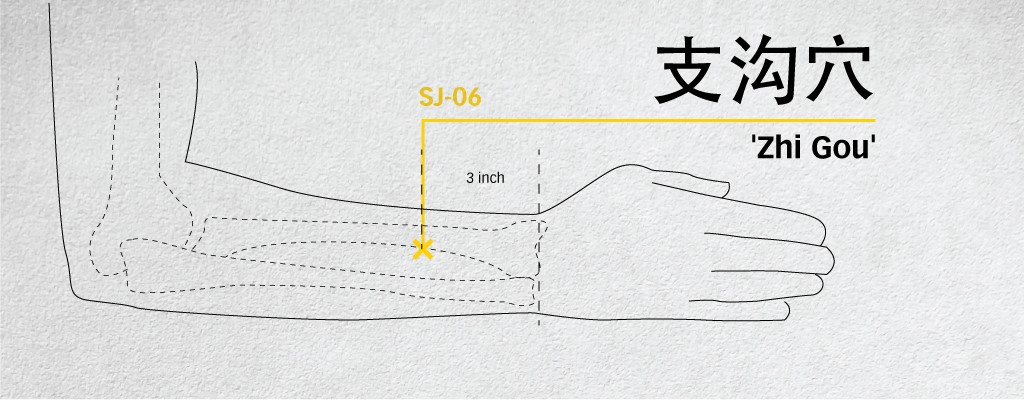
You can also massage this point during the process of passing motion, especially when you have difficulty doing so as it helps to stimulate intestinal movements.
• Massage Shen Men point 神门穴 (HT7) for 2 minutes
Location: On the palmar side of the wrist crease, radial to the insertion of the tendon of the flexor carpi ulnaris muscle. This is useful for people who suffer from chronic constipation.
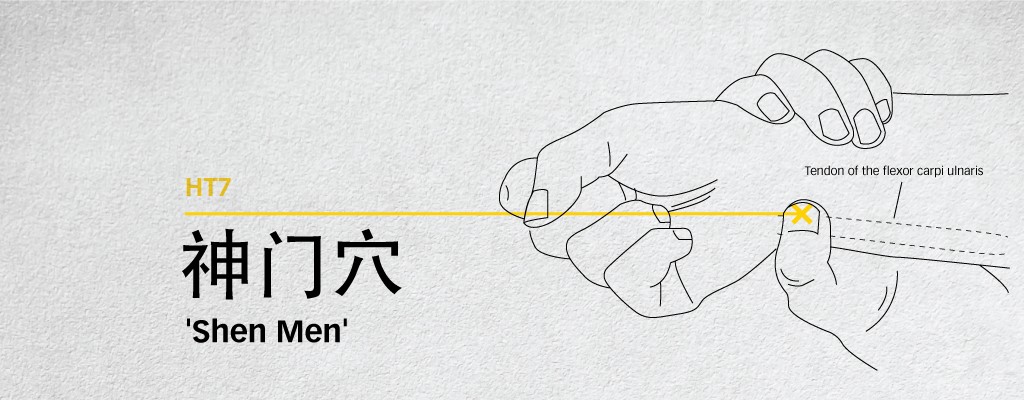
• Rub tummy clockwise for 5 minutes
You can do this before you sleep and/or after you are awake on the bed. Lie comfortably on your back. Place one hand above your belly button, place the other hand on top of the first hand. Then move your hands together in a circle, with light pressure clockwise around your belly button.
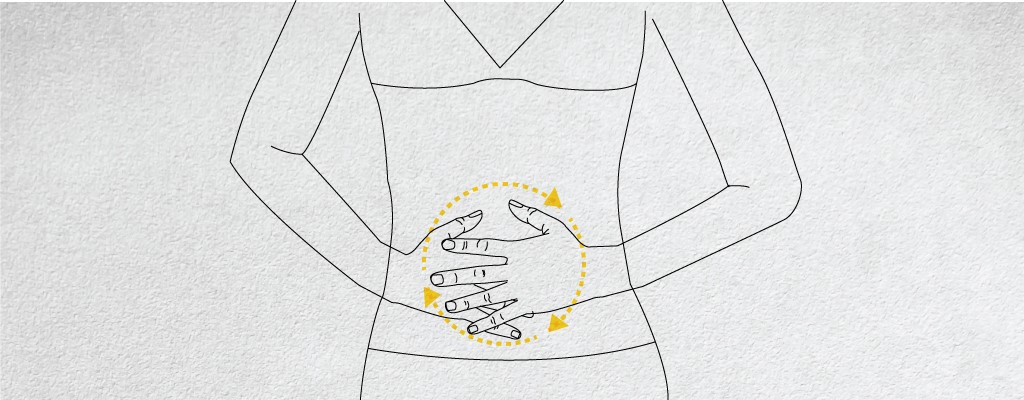
• Massage Tian Shu Point 天枢穴(ST 25) for 2 minutes.
Location: 2 cun (Approximately 3 fingers) from either side of the belly button. Massage it in circular motions.
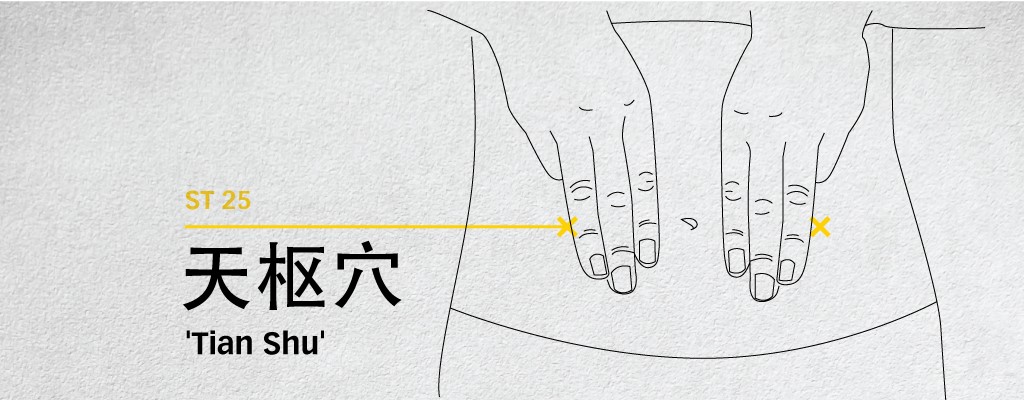
The team at Happipuncture looks forward to introducing you to the benefits of restored balance to your overall health and wellbeing. Please contact us to arrange a free initial consultation.

